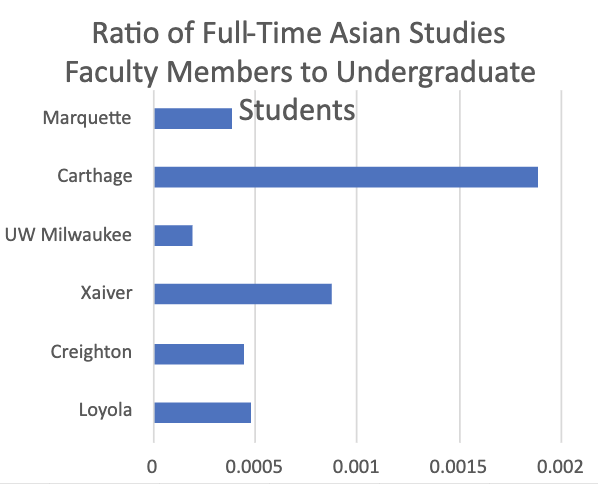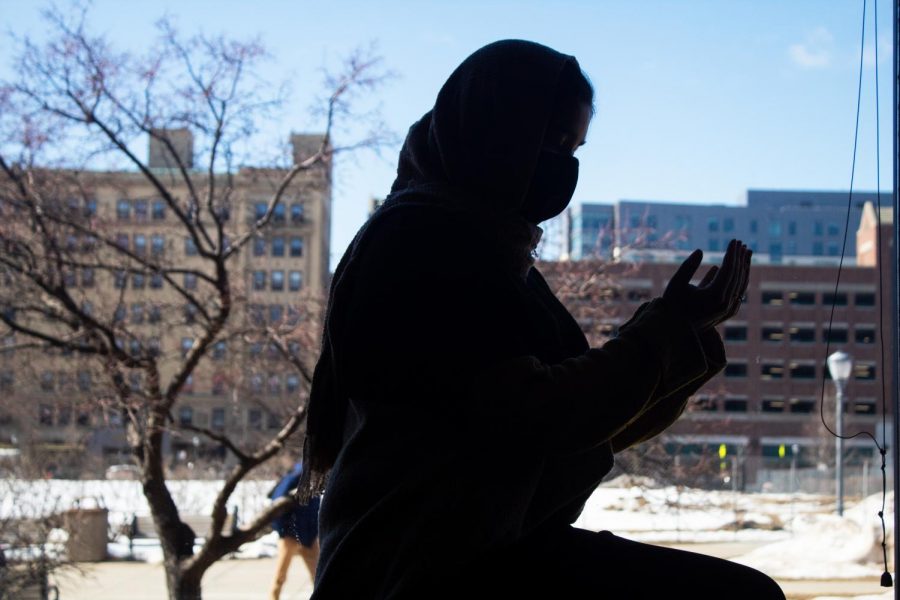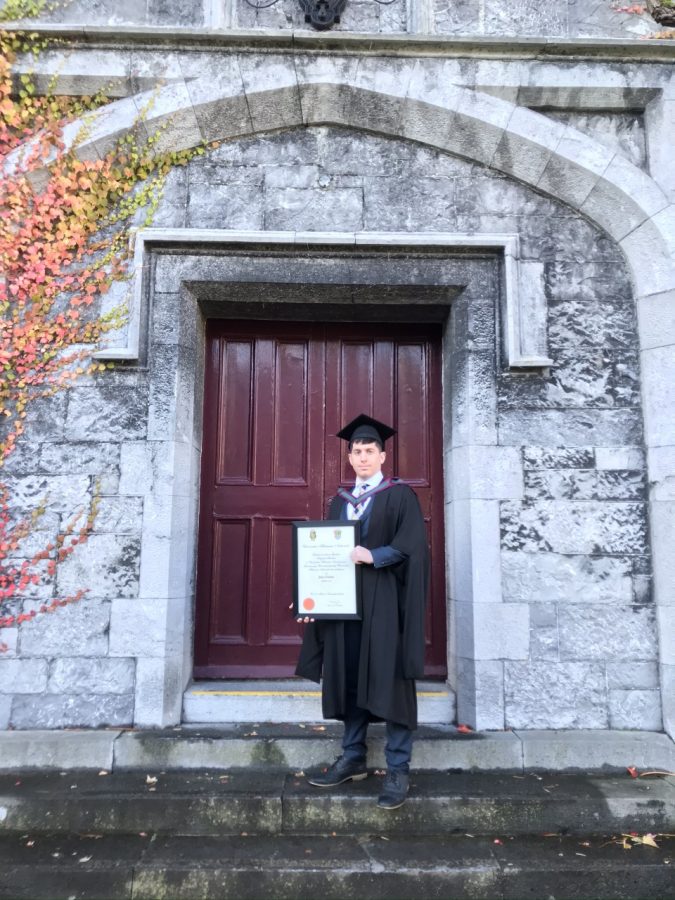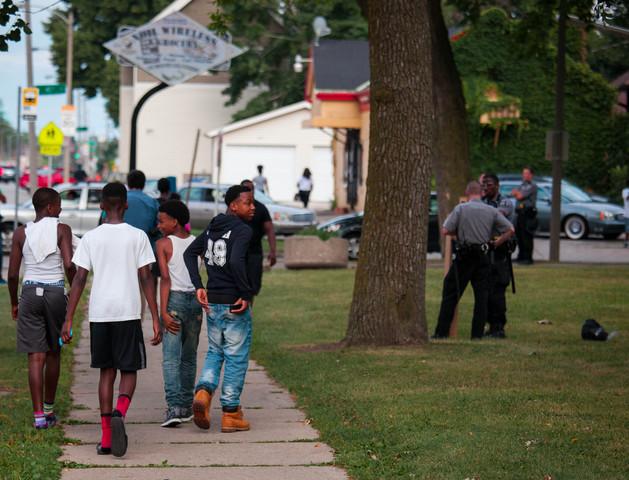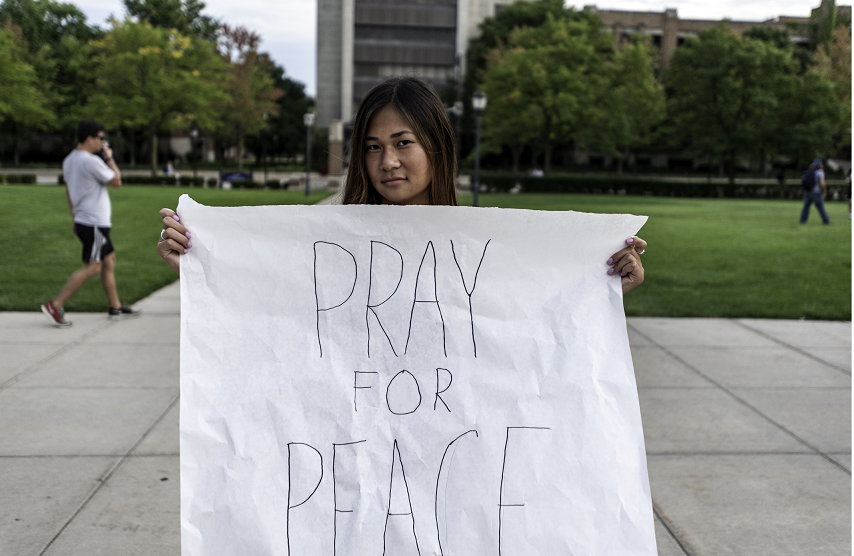 Things are returning normal in Hong Kong, though hundreds of student protesters still occupy the city’s central business district. The leaders of the protest have agreed to meet with government leaders Friday in an attempt to address some of the grievances raised during the more than two-week-long movement. It is a smart move for the protesters, who risk alienating the public if their actions further disrupt daily life in a city which emphasizes social harmony and order.
Things are returning normal in Hong Kong, though hundreds of student protesters still occupy the city’s central business district. The leaders of the protest have agreed to meet with government leaders Friday in an attempt to address some of the grievances raised during the more than two-week-long movement. It is a smart move for the protesters, who risk alienating the public if their actions further disrupt daily life in a city which emphasizes social harmony and order.
Ever since the handover of Hong Kong by the British to the People’s Republic in 1997, the city has been a Special Administrative Region with a high level of self-rule. According to a treaty with the British, China is to guarantee Hong Kong this status for 50 years, thus granting the city special privileges, with matters of defense and foreign relations left up to Beijing.
According to the city’s basic law, Hong Kong is allowed to pick its own leader, or chief executive, through an electoral college that is described as a “broadly representative nominating committee.” The committee is composed of 1,200 members chosen by a variety of groups, including the business community, professional organizations and social groups, among others. The electoral committee alone decides the city’s leader and, though universal suffrage may be introduced in time for the 2017 election, voters would only be able to pick one of the three candidates determined by a committee under the increasing influence of Beijing.
Hong Kong is against this as the goals of China are not necessarily the same as the city’s. Given Hong Kong’s unique history, the city developed a culture much different than the mainland’s, with issues of language (Cantonese vs. Mandarin) and writing system (traditional characters vs. simplified ones) among the most noticeable.
Many of the city’s residents are justifiably concerned that Hong Kong’s promised autonomy and the rights associated with it, such as freedom of speech, will be squashed by the Communist Party. If Beijing’s current desire to control Hong Kong is any indication of its future intentions, then Hong Kong will likely be made into just another Chinese city by 2047, when the current agreement ends.
Dissatisfaction in Hong Kong may not have any immediate effect on China’s leadership, but its implications definitely threw a wrench into the government’s ability to justify continued single party rule. Support for the Communist Party is grounded mainly on a combination of Chinese nationalism and economic growth. Despite Hong Kong’s population being 94 percent ethnic Chinese, when asked to state their nationality the vast majority did not identify with China, but with the city itself. China’s inability to win the hearts and minds of its Hong Kong citizens calls into question nationalism on the mainland if other alternatives were acknowledged.
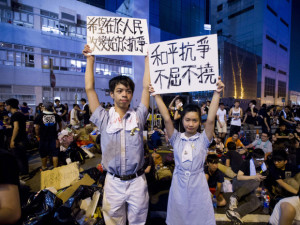
Photo via nationalpost.com/XAUME OLLEROS/AFP/Getty Images
Even more importantly, Hong Kong shows the failure of the ‘one country, two systems’ principle that dominates the Chinese attempts to achieve reunification with Taiwan. Taiwan, officially the Republic of China, considers itself the rightful government of all China, while the government in Beijing sees it as a rogue province outside of its Communist control. As it is impossible for tiny Taiwan to retake control of the mainland, reunification negotiations have focused on convincing the island to accept a place within the Communist-controlled system. Hong Kong was meant to serve as a model for reunification, with the city serving as an example of a self-governing territory within a unfied China. But with political autonomy looking more and more like a pipe dream, the Taiwanese public may inch closer toward supporting an official declaration of independence, an act to which the mainland has vowed to react with military force.
While the Communist Party’s grip on China may seem iron-clad, its experience in Hong Kong proves it is not absolute. Beijing had the opportunity to prove the value of its rule to a population free from censorship and government control. But Hong Kong demands an alternative. Who knows what will happen when the rest of the country realizes the same?

